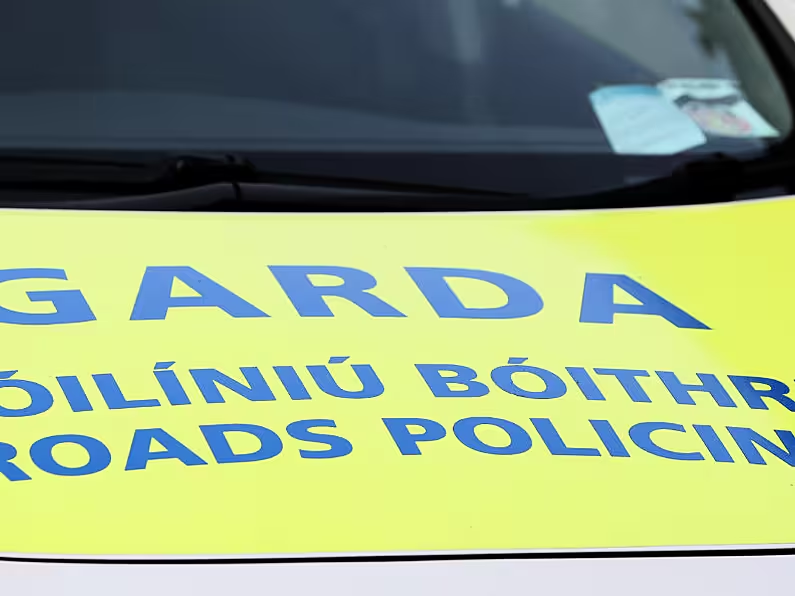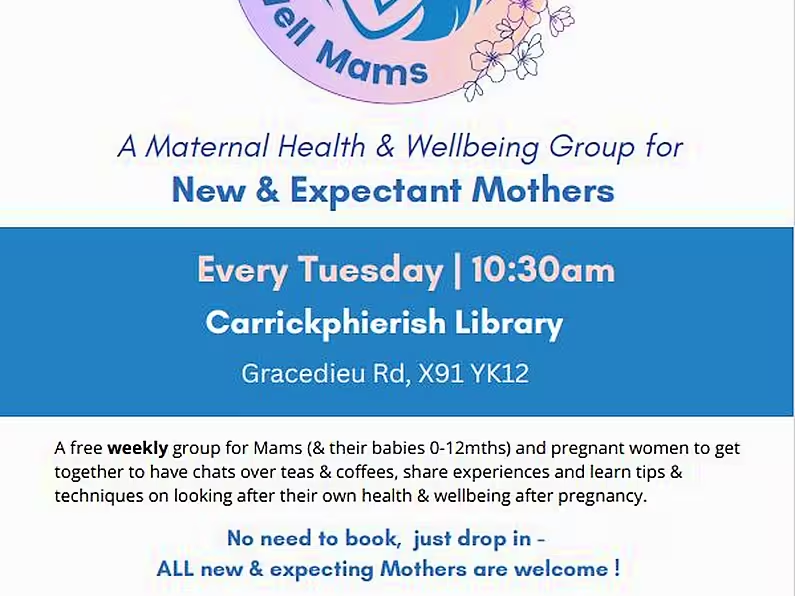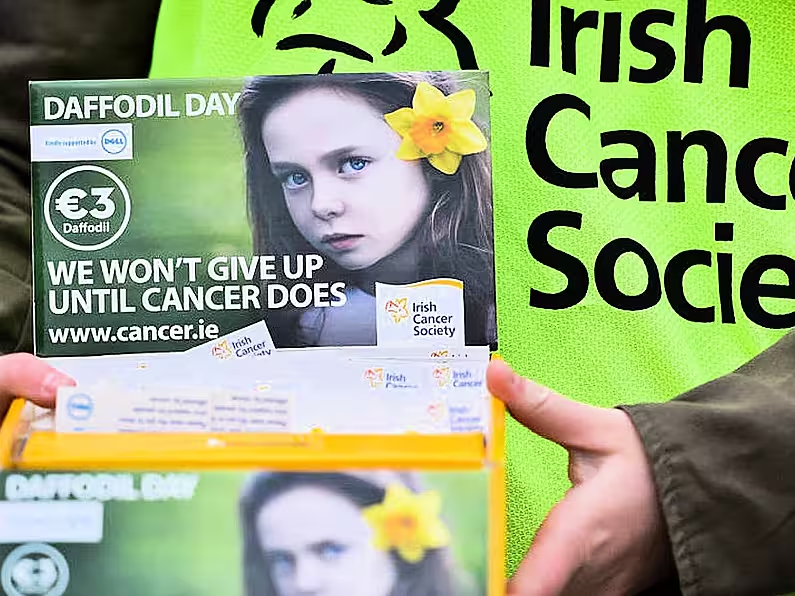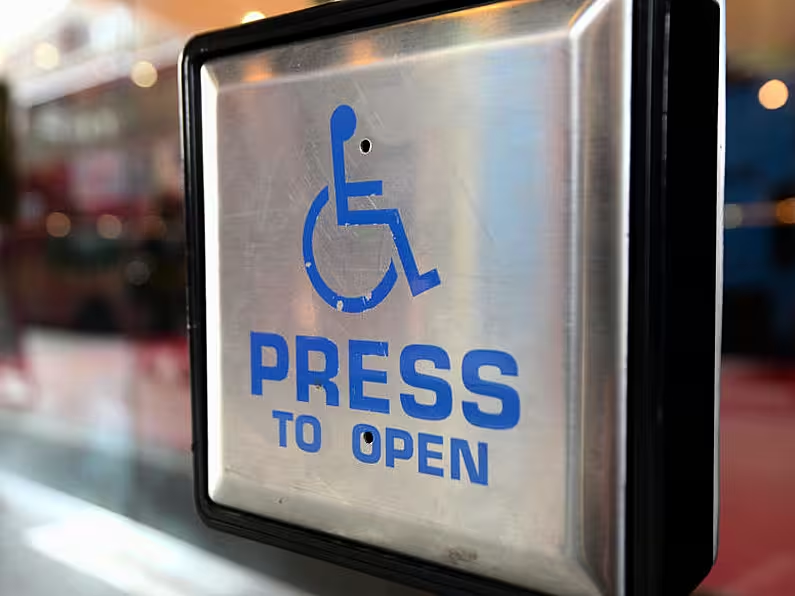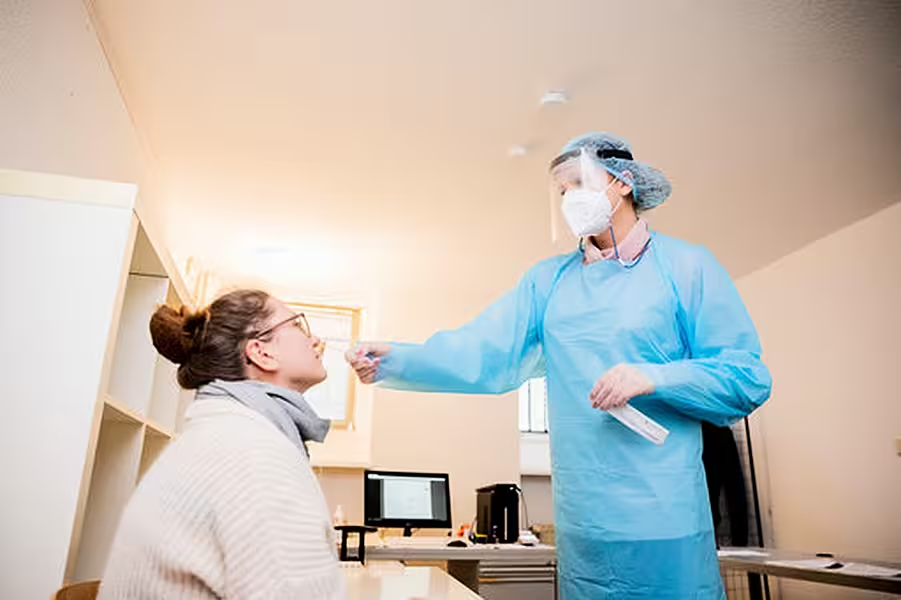
James Cox
As Ireland looks on at countries like Israel and the UK where the rollout of Covid vaccines is ongoing rapidly, thoughts inevitably turn to a future free of lockdowns and closer to some semblance of normality.
However, Covid won't simply disappear and even after the majority of the population is vaccinated there will be controls and protocols in place for some time as data on the efficacy of vaccines in preventing the spread of the virus becomes available.
Rapid antigen testing could be one of the tools that allows people to return to work and businesses to reopen.
While rapid antigen tests have been used heavily in Europe for some time, they're only being seriously considered by Government now as Minister for Health Stephen Donnelly recently received a report from the Covid-19 rapid testing expert group.
Vaccination certificates
Meanwhile, Tánaiste Leo Varadkar recently suggested rapid antigen Covid-19 tests combined with vaccination certificates could offer a way for hospitality businesses and live events to resume safely later this year.
A number of Irish companies have been providing private businesses with Covid-19 rapid antigen testing for some time now.
Ed Donovan, founder of Advanced Medical Services, and Arthur Griffin, director of CoviSal, spoke to BreakingNews.ie about rapid antigen testing and the role it can play in reopening society.
The Covid-19 antigen test uses a swab to take a sample from your nose, the sample does not need to go to a lab and the results are back within 15-20 minutes.
Antigen testing is quicker but less reliable than PCR testing, which looks at the genetic material of the virus in a lab and is the most reliable way of knowing if you are currently infected.
Both Mr Griffin and Mr Donovan pointed out that rapid antigen testing is a tool to be used alongside PCR tests, antibody testing and social distancing, not an alternative.
“We go on site and provide the testing with our healthcare workers, people get the results within 15 to 20 minutes, so it’s a more affordable way of doing testing, and you get the results there and then,” explained Mr Donovan. “We’re working with medical device companies doing testing, pharmaceutical companies, these are industries which are essential at the moment and where more people have to be at work to carry out their jobs.”
Reassurance
He added: “The reasons the companies are working with us is they’re looking at reassurance for their staff, regular testing to make sure they don’t have Covid and in some cases where people test positive they can leave the workplace and isolate, and you’re reducing the chances of them transmitting the virus to colleagues.
“It can certainly play a role in the educational sector. Whether it’s corporate companies, sporting organisations, schools it can assist and help.”
Mr Donovan said Advanced Medical Services has seen a “surge” in enquiries about Covid-19 rapid antigen testing, adding that he feels the tests will be around for the “foreseeable” future.
Both Mr Griffin and Mr Donovan are confident that the widespread use of rapid antigen testing can play a big role in preventing future lockdowns.
There’s a theory out there that if we started using rapid antigen tests after the first lockdown we might not have ended up back in lockdown.
Mr Griffin even feels they could have prevented further lockdowns if Government had rolled out the service after the country reopened following the first lockdown.
“There’s a theory out there that if we started using rapid antigen tests after the first lockdown we might not have ended up back in lockdown.
“The World Health Organisation is saying that these should continue to be used even after vaccination. We don’t know just how successful it will be, how long it will last [vaccination immunity], after it is rolled out so there is a role for the rapid antigen test going forward.
“When we first started selling these it was just the private sector because Nphet and the HSE hadn’t cleared its use for the public sector despite the fact that everywhere else across Europe was using rapid antigen testing.
“We’ve sold over 50,000 tests in four months now.”
Mr Griffin revealed CoviSal has provided tests for a number of different businesses from vets to dentists, while the use of rapid antigen testing is also helpful with other events including his daughter's recent wedding.
Weddings
“We sell to vets, who use them because they are moving from farm to farm during the day, if you have a vet that might go to six or seven farms in a day and that vet is infectious, that vet will infect potentially seven households.
“Opticians were one of the first to adopt it, insisting you take a test before an eye examination because it requires the optician to be up very close to people.
“We have dentists, some doctors. The initial surge came around Christmas with people for visitations and weddings.
“We covered quite a few weddings, including my daughter’s wedding, where there was 25 at it, including seven staff members.
“We tested everybody going into the wedding and everyone was fine, and then we tested the staff, and we got one positive.
“She left straight away and someone replaced her. She then had a PCR test the following day, and it was also positive. We have Renault trucks who use them every week, they’ve had 10 positive cases since Christmas. We’ve also done quite a few funerals.”
Mr Griffin emphasised the effectiveness of rapid antigen testing as a tool to prevent Covid outbreaks in various settings.
The Minister for Health has been saying we’ll do pilots. Why would you do that? It’s been piloted all over Europe?
“They do work, we have one per cent of our tests overall tend to be positive. It’s two per cent in Europe where there is a higher positivity rate. We reckon we’re one per cent, so 500 positive tests out of the 50,000.
“You can multiply that by big numbers if these people had stayed in a household or workplace and spread the virus.
PCR tests
“It screens for infectiousness, so it shouldn’t really be compared to the PCR test. The rapid antigen test is designed to test if you are infectious to another person and if you will pass it on.
“The PCR test is used to determine if you have Covid, unfortunately most of those tests are done after the infectious stage has started and the symptoms have set in.
“By the time the test is done that person has probably already been in contact with people, not knowing they have Covid.
“Antigen tests identify cases at a point in time when you’re infectious to other people. If you walk into an office, and you’re infectious, you stay out.
Mr Griffin feels rapid antigen testing should be considered by Government sooner rather than later.
“The Minister for Health has been saying we’ll do pilots. Why would you do that? It’s been piloted all over Europe?
“It’s already been done and the results are clear, it’s just common sense.”
In his role within Ibec, Mr Griffin is coming up with a plan that proposes various in
dustries coming up with a best practice including rapid antigen testing, which would allow them to reopen after a review from Government.
“My proposal is for the Government and the Department of Health to set out guidelines for the use of rapid antigen testing. Let the various associations then come up with a proposal for how their members should use it,” he explained.
Restaurants
“For example, the Restaurant Association can say ‘this is how we’re going to use rapid antigen tests’, and then the Government and Department of Health can sign off on it.
“There’s a role to be played by the unions and the representative bodies like Ibec, so it can be rolled out in one industry after another.
“I think it’s a sensible approach because we’re not saying this is how it has to be used everywhere, the restaurants, Irish Hotels Federation etc, can say how it will be used and once it’s set to an acceptable standard by Government they should reopen those businesses.”
Mr Griffin has suggested businesses like pubs could offer customers rapid antigen tests, which would be obligatory for those who aren't vaccinated.
This could be a solution if vaccine certificates like the Tánaiste discussed are signed off on.
“People coming in should be offered a test, you might make it obligatory only for people who are not vaccinated for example.
“You could come up with solutions when talking to representatives from these industries.
“To say they’re of no value, or you need a pilot at this stage, it’s a joke.”
CoviSal recently set up a pop-up centre to demonstrate the effectiveness of rapid antigen testing to a number of TDs and Senators, who Mr Griffin said are now lobbying in favour of the practice.
A scientific expert Group has recommended the use of rapid antigen testing for various sectors including sports, business and education. Rapid antigen testing combined with the vaccine roll-out brings real hope for a nearer easing to Covid restrictions. https://t.co/K5R0f7cp1K pic.twitter.com/VzZ08DYSez
— Senator Mary Fitzpatrick (@votemaryfitz) April 6, 2021
“We set up a pop-up centre last week and tested 22 TDs and Senators to show them what was involved, and they were astounded by how easy the process was, the effectiveness of them and some of those TDs are lobbying for the Government to make these available now."
This article was amended at 1.52pm on Sunday.





